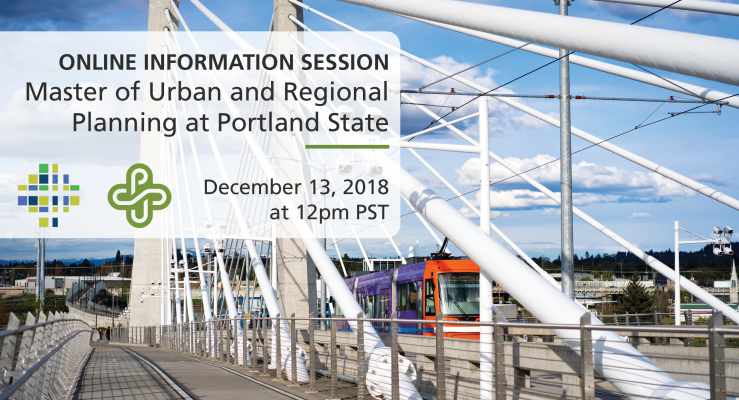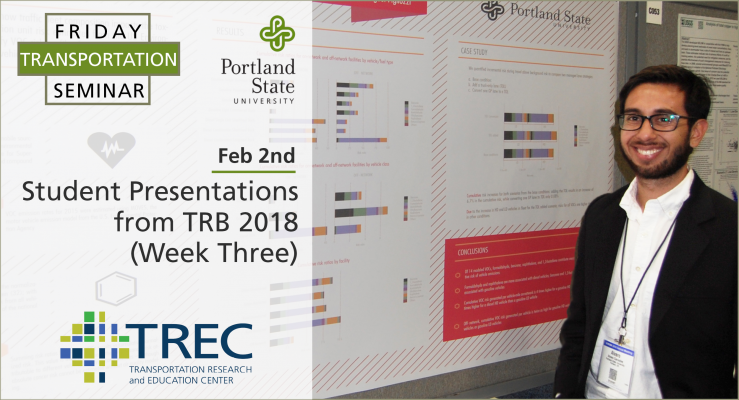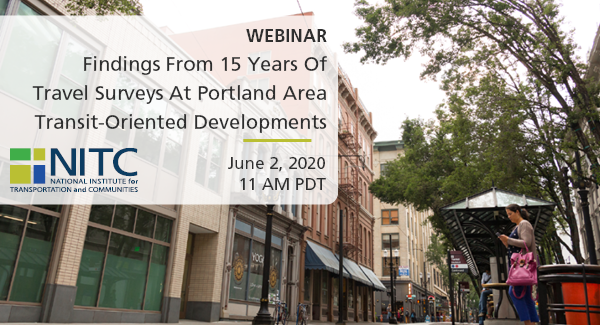WATCH THE RECORDED VIDEO
INFO SESSION OVERVIEW
Thinking about a graduate degree in urban and regional planning? Do you have questions about the Portland State University program? Looking for tips on how to write a great application? You're not alone! Join us on December 13 for an online information session designed to get you the information you need.
Learn more about the MURP program here - where you can read up on seven reasons to become a MURP, meet the faculty, and see FAQ answered.
KEY LEARNING OUTCOMES
- Meet our faculty and current students
- Learn how the program works and what makes it unique
- Explore all the ways Portland is the perfect place to get a planning education
- Ask your questions and get answers
The priority application deadline for Fall...
Read more


